Should I do a tour?
When I first started travelling, I was staunchly against tours. Firstly because of the cost — most tours seemed overpriced — and secondly because I wanted to do things as independently as possible. But I overcame my prejudice enough to jump on a few tours, and I’ve realised that sometimes a tour is exactly the right thing to do.
Day tour
Day tours can be a great addition to an otherwise completely independent trip. You organise your transport and accommodation, but a guide shows you around your destination. We like to do a walking tour as soon as possible after we arrive in a city, because it’s a way to get our heads around the city layout while also learning a bit about the history, culture and attractions.

Plus, these days you have a wide range of options to choose from, and you’ll probably be able to find a tour that suits your interests. If you’re a history buff, you can do a tour that focuses on the history of your destination; if you love to eat, food tours are becoming more and more popular. Urban Adventures offers some great evening tours that introduce visitors to local snacks, like the Lisbon Sunset, Fado and Dinner tour or the Cicchetti of Venice trip.
A day tour that takes you to attractions outside the city is also worth considering if you don’t have your own transport. We did a tour to the Twelve Apostles near Melbourne, Australia — since we didn’t have a car it would have been difficult to get there ourselves, and the tour included added extras like a billy tea stop and commentary.
Some of these tours are also great value if you’re travelling alone — while a group of four can hire a car to go wine tasting, a tour might make better financial sense if you’re by yourself.
Two to five days
Even if you’re staunchly independent, a short overnight trip is worth considering if it’s difficult or expensive to visit the destination by yourself.
For example, Adventure Tours Australia offer a tour from Adelaide to Alice Springs, passing through Coober Pedy and stopping at Uluru. If you want to do this trip by yourself, you pretty much need to fit out a 4×4 with a lot of equipment, as driving through the outback is a dangerous enterprise if you’re not experienced.

Similarly, Kangaroo Island in South Australia is easy to get to and around if you have your own vehicle, but almost impossible if you don’t. However, Surf and Sun’s overnight trip transports you from Adelaide, takes you to most of the major sights and several of the lesser ones, and gives you the chance to sleep in a swag if you’re so inclined. It’s similar in price to organising it all yourself, but you see more and don’t have to do all the work.
Longer tours
Longer tours aren’t often aimed at the independent travel market, and the daily cost is usually quite a lot more expensive than what you’d pay if you organised it all yourself — you have to decide if this markup is worth it for you. If you’re extremely busy and don’t want to do trip planning, if you’re unsure your destination and want security, or if you’re travelling by yourself and want to be with other travellers, then a longer tour could be a suitable choice for you. If you’d really prefer to be independent, though, you could do a shorter tour (3-7 days) at the beginning of your trip, then go off on your own.
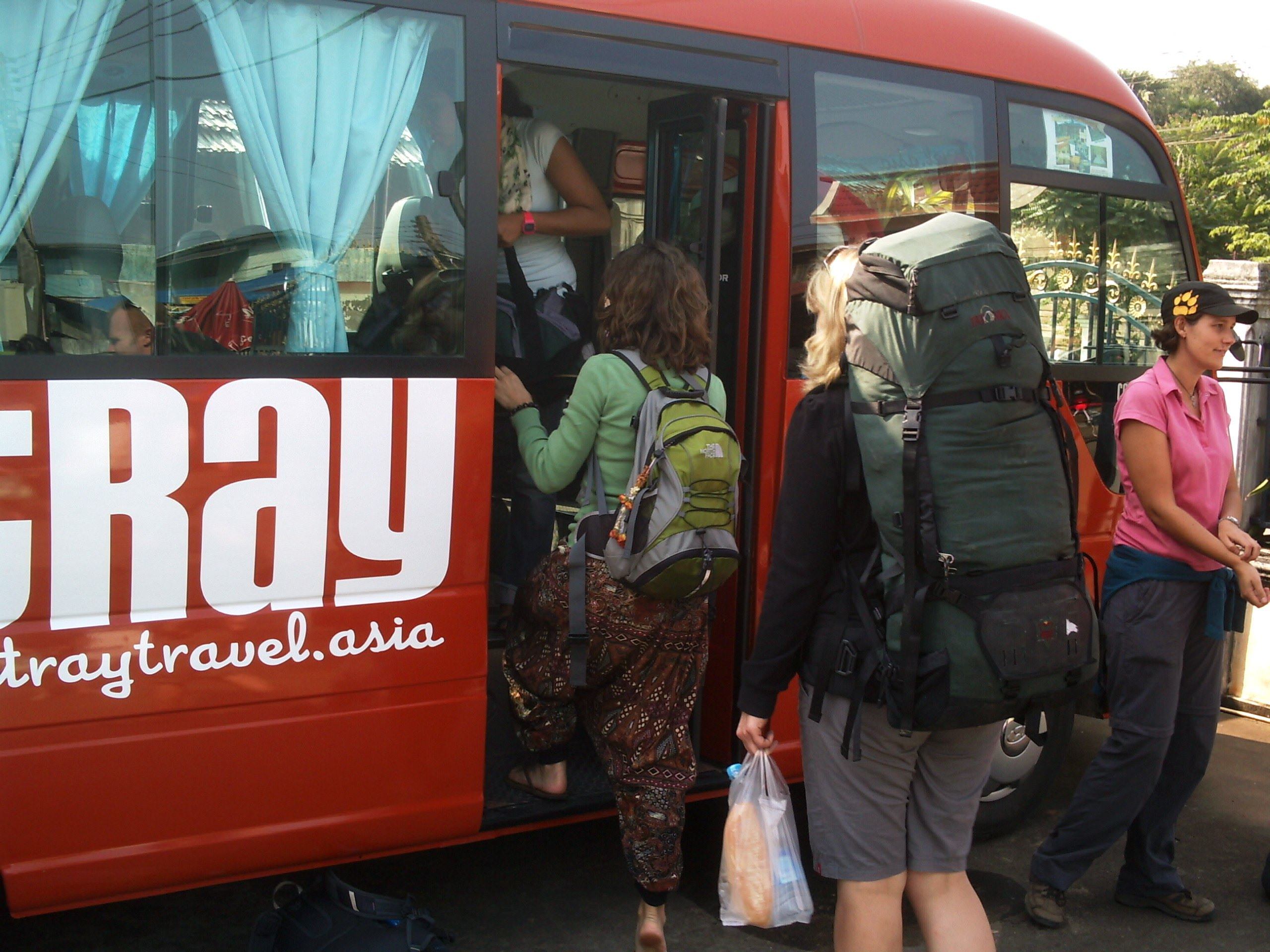
Many companies offer bare-bones tours that cater to independent travellers: you pay for transport, accommodation, and a guide, but everything else is extra. Intrepid’s Basix range is an example of this kind of trip.
A hop-on, hop-off bus tour like those offered by Stray is another example of a bare-bones trip. You pay for transport only, which saves you the hassle of constantly researching and booking bus and train trips, and you can choose your route based on which attractions you want to visit — and the company will probably have worked very hard to create routes that visit all the most popular sights in a destination. Your driver or guide might even organise accommodation for you, but you’ll usually have to pay for it separately.
Do your research, though
While tours are often a great choice, it’s always worth doing a little bit of research to make sure you’re getting value for money.
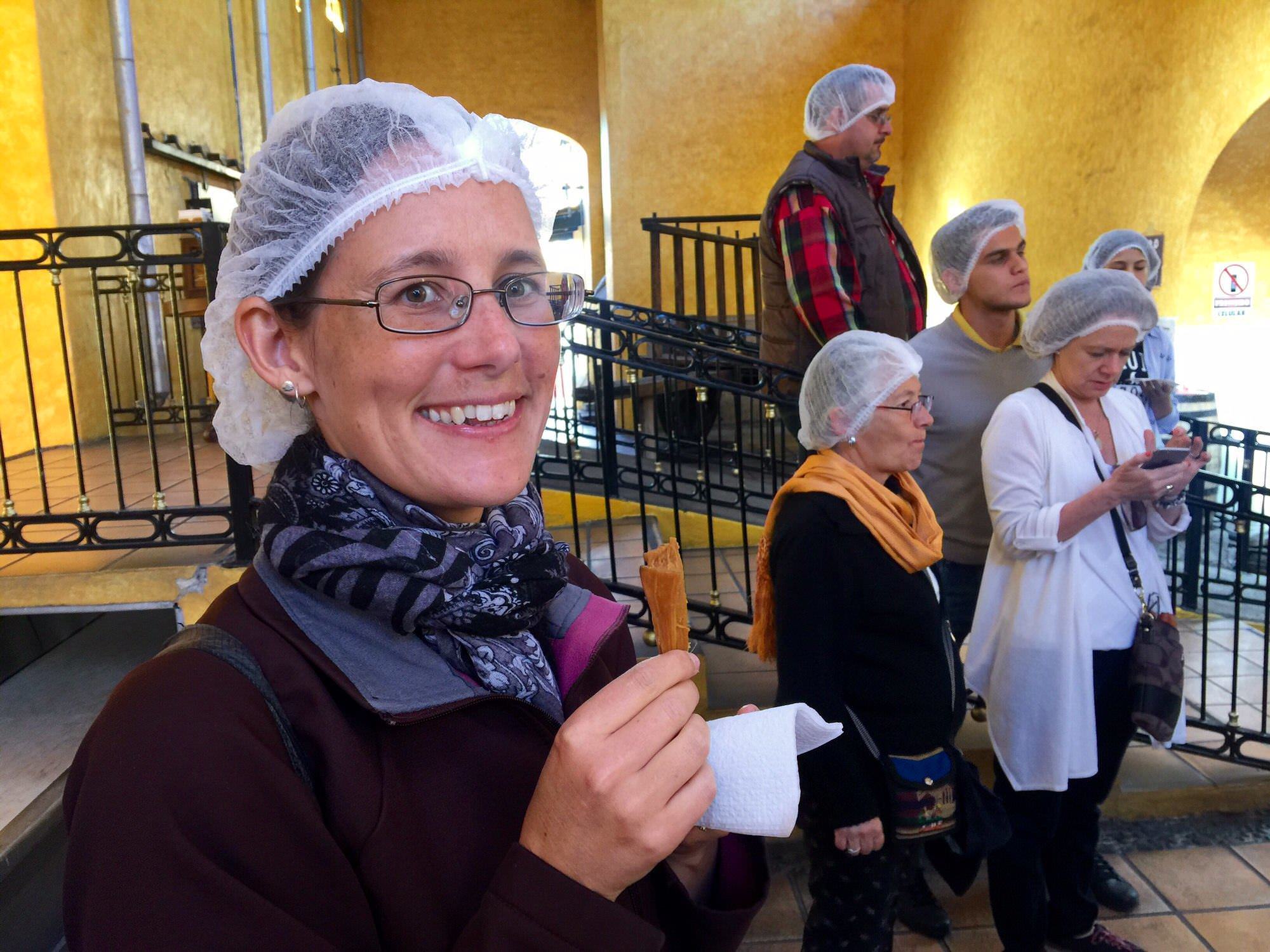
Sometimes “tours” consist of not much more than transport to the tourist attraction, and public transport would serve just as well. When we were living in Malta, we booked a trip to Greece that included flights and accommodation, activities had to be booked separately. The activities were obviously where the company made their money: one “shopping day,” which cost €50, consisted of nothing more than transport to and from a shopping centre: €0.50 each way on public bus.
Similarly, in Krakow, a wealth of tour operators will take you to and from Auschwitz in time to arrive for a tour in English, but you can get there a lot more cheaply by public bus. (By the way, definitely join one of the guided tours of Auschwitz; you can enter for free without a guide, but if you do just one guided tour on your trip, this should be it.)
It’s worth spending five minutes checking tour inclusions and alternatives before booking, so you know what you’re paying for!
Your research could also include finding out about the tour company and making sure that some of its profits are staying in your destination. If not, keep looking. As a general rule try to use local rather than global companies; however, many global companies work with local partners — which means that local businesses are making money and you don’t have to find a local operator in every one of your destinations.
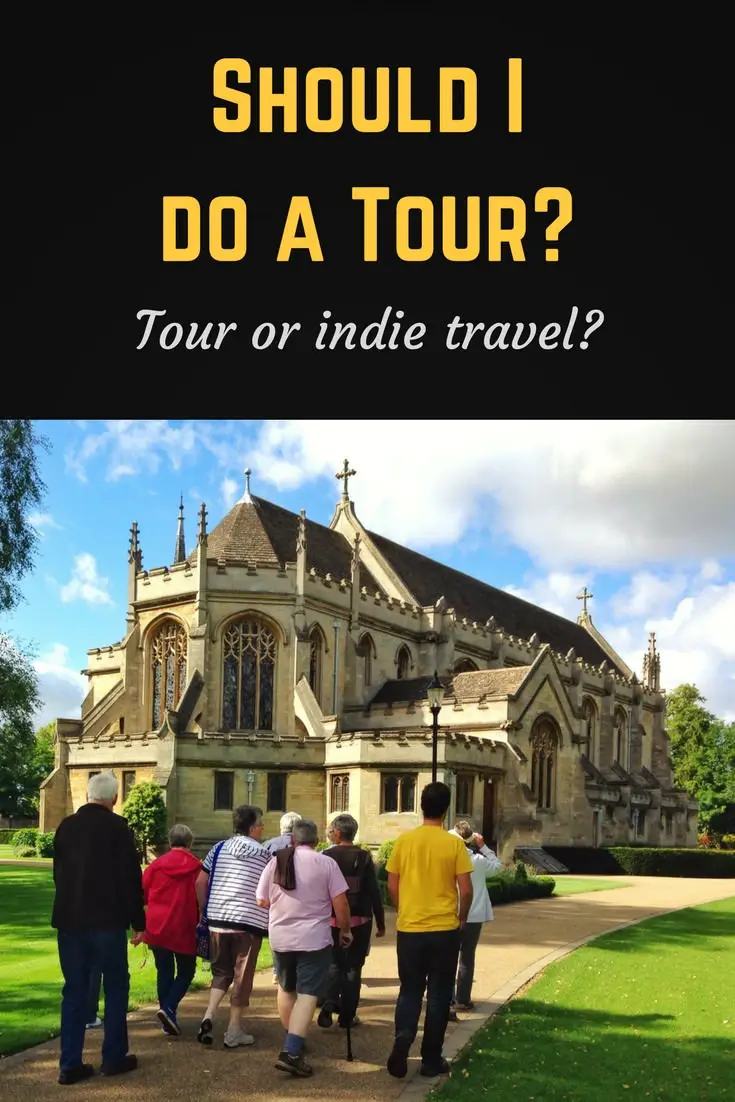
Note: this article was originally published in 2013, but was updated in 2017 with new photos and links. Some of the links above are affiliate links, which means we get a small commission if you make a purchase after clicking them. We love it when you do that. 🙂

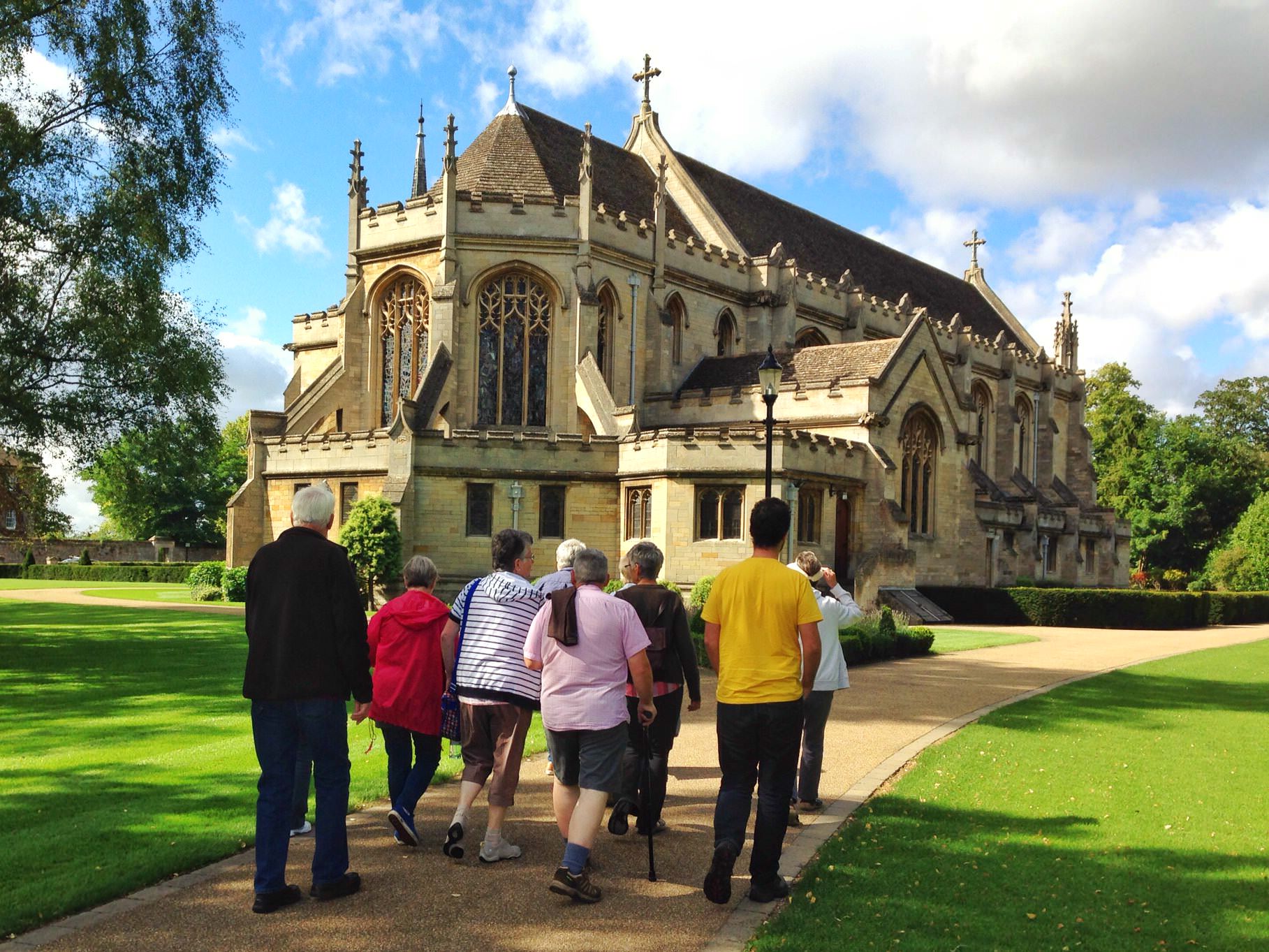
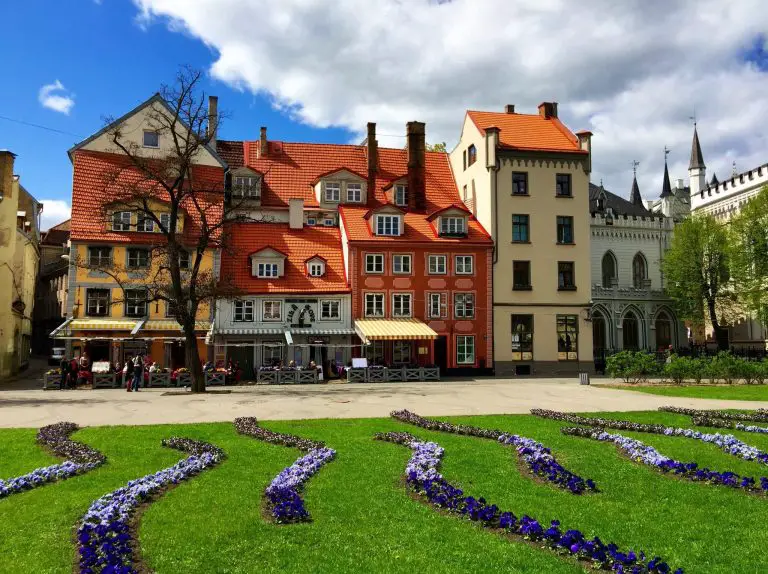
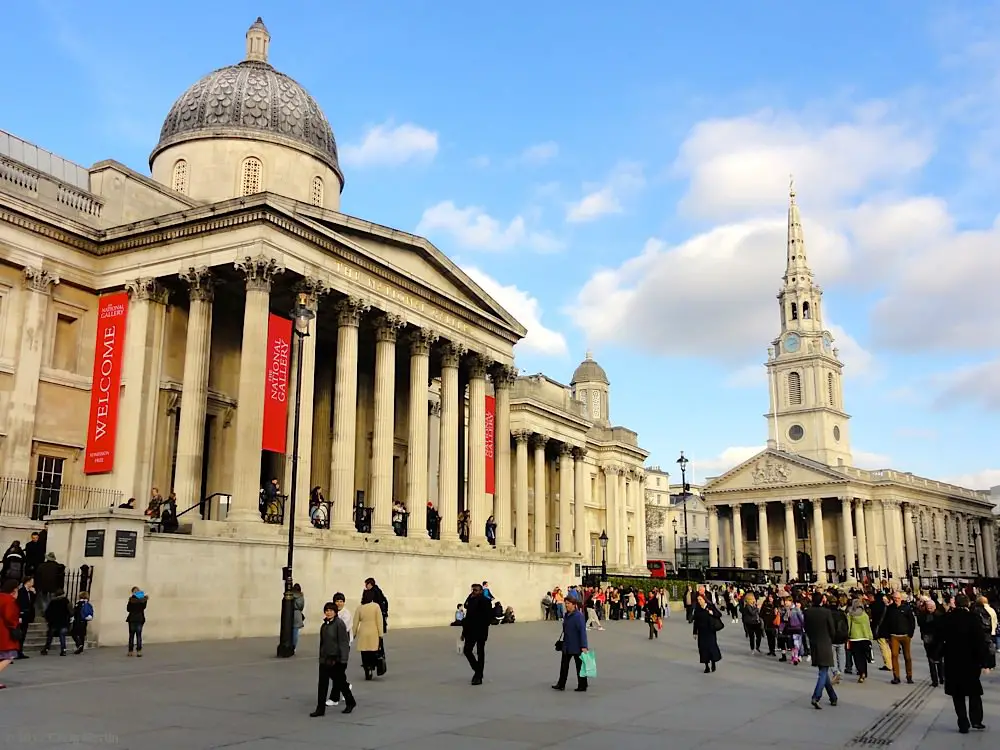


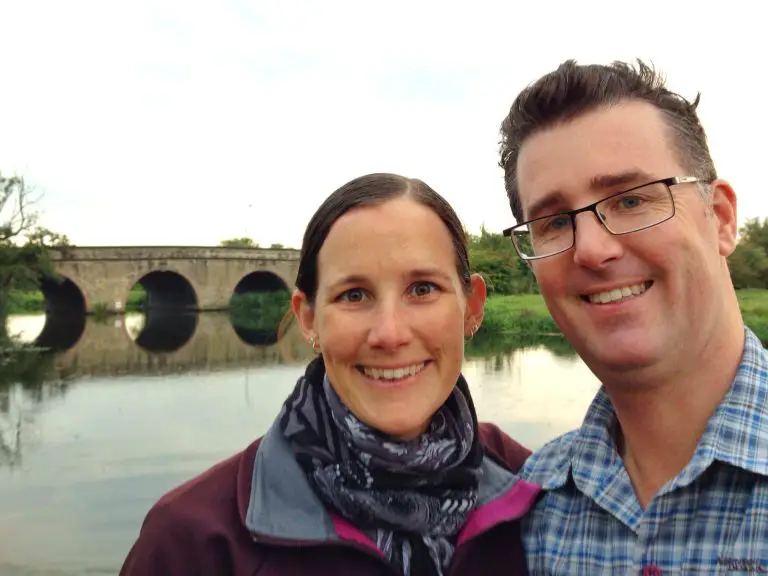
I agree with you Linda. No matter how independent you are there are always times when a tour will supplement your travel experience.
Tour companies will also often get you to places that travelling independent won’t – such as staying on a Marea in NZ or with indigenous people in the Outback of Australia.
You’re right Dan, that’s what we’ve found — sometimes you just can’t get the experience that you want when you do it completely alone.
As a veteran overland tour leader/ driver I found this fairly spot on!
But depending on where you overland, to cover the distance and pack in the sights, you would be hard pushed to compete for price. And you get the benefits of camping out in the bush, meeting people and experiencing the local culture that is impossible without your own transport.
Just championing overlanding – it’s not dying yet!
Thanks for your comment, Andy. I agree with you — I’m a big fan of road trips (or offroad trips) myself! It really depends on the situation of each traveller, how much time they have etc. For us, overlanding wasn’t an option when we were in South Australia, but if we’d had more time and perhaps two more passengers to split the costs we certainly would have considered it. Next time, perhaps.
Agree with the post but a big factor perhaps not emphasised enough is the convenience factor. Even if you are an independent traveller the convenience of flying into, say, Alice Springs, then doing a 3 day tour to see Uluru (Ayers Rock), Kata Tjuta (the Olgas), and Watarrka (Kings Canyon) is why the overwhelming number of backpackpackers to this region take a tour here. You can hire a car and drive to these attractions but the knowledge of the guide, convenience of having camping gear and meals organised is at a price point that makes a tour an attractive proposition.
I completely agree — convenience is a huge factor. We tend to favour price over convenience but in some situations (especially in Australia), we found that quite often a tour was more or less the same price as doing all the work yourself. And, as you said, you get all the extra benefits like a guide and organised meals.
Agree with most points in here. My travel style is independent with the occasional day tour here and there. Recently, I took two day tours in Oaxaca for $30 each. I did it because they covered a lot of stops outside of town, I didn’t have a car and the price seemed more than good. I ended up with an excellent tour guide who taught us a lot about the area. Like you said, research is really important. Once, I did a 13 day guided tour because I knew I was not going to put together a similar trip for the price the company was offering me. So, I always evaluate the pros and cons of a tour.
Sounds like you have a similar style to us. You’re right, research is so important, as is being open to options. We never even used to think of doing a tour — it was indie or nothing — and some people just book a tour without investigating going it alone.
Hi Linda! I loved this post. Being a tour operator this was very informative and educational. I was recently in Iceland with a group of fellow travelers with a very loose itinerary so I wouldn’t really call it a tour but one of the days I decided to venture out of the city and took a Game of Thrones tour into the countryside which was incredible. There are so many types of tours that vary in style, length, cost, focus, etc. and each traveler has their preference. I think that no matter what your travel preference is, there is always a tour that you can benefit from. Great post!
Thanks Henry! I agree — there are so many types of tour out there, there’s something for everyone. 🙂